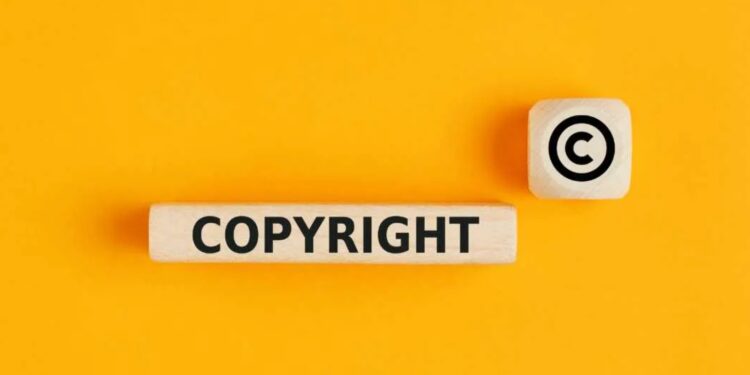Indonesia is set to become one of the first nations in Southeast Asia to address the complex issue of artificial intelligence and copyright law directly. The Indonesian government is reportedly preparing a new Presidential Regulation on AI, a key part of which will focus on legal frameworks for intellectual property rights, a move that could set a precedent for other developing economies.
The draft regulation is being developed in collaboration with various stakeholders, including tech companies, legal experts, and creative industry representatives. Unlike many previous governmental discussions on AI, which primarily focused on data privacy and ethics, this new initiative is a direct response to growing concerns over how AI-generated content impacts artists, writers, and musicians.
According to a source close to the Ministry of Communication and Information Technology, the regulation aims to establish clear guidelines on attribution, fair use, and the ownership of works created with AI. A major point of contention is expected to be the use of copyrighted material to train large language models. The regulation will likely propose a licensing or compensation model for creators whose work is used in this way.
The move comes as Indonesia’s creative economy, particularly its thriving digital content and music industries, grapples with the proliferation of AI-generated content. Artists have voiced concerns that their work is being used without permission to train AI models, top to a devaluation of human creativity and the potential for a “race to the bottom” in terms of content quality. The government’s proactive approach is seen as an attempt to protect its creative sector and ensure a sustainable ecosystem for both human and machine-driven innovation.
The regulation is expected to be a landmark document, not only for Indonesia but for the region. Its success could provide a valuable blueprint for other countries facing similar legal and ethical challenges posed by rapidly advancing AI technology.










![Online Scam Cases Continue to Rise Despite Crackdowns on Foreign Fraud Networks [Myanmar] Online Scam Cases Continue to Rise Despite Crackdowns on Foreign Fraud Networks [Myanmar]](https://sumtrix.com/wp-content/uploads/2025/06/30-12-120x86.jpg)




